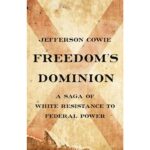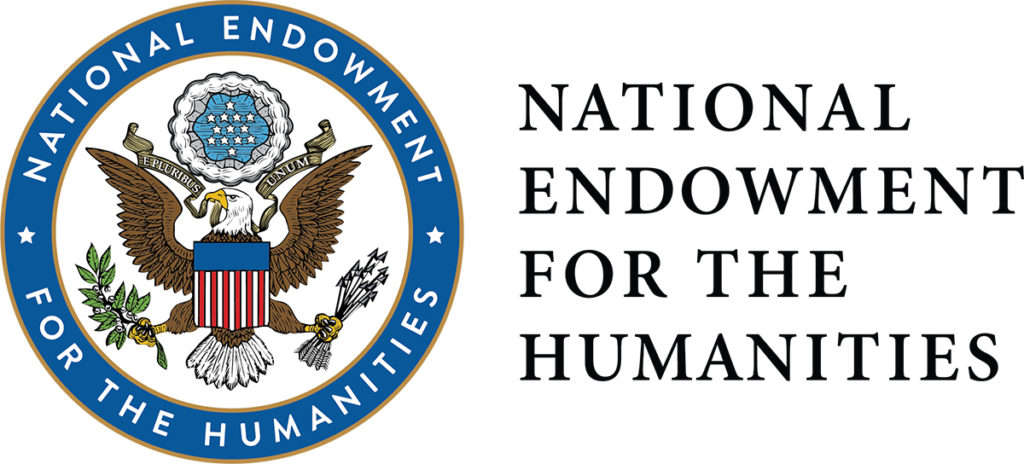SPECIAL SERIES PODCAST: UNITED WE STAND
Through a special edition series of podcast episodes, historian Brigette Jones explored the future of belonging in Tennessee through in-depth interviews with organizations that are working to create a future where all Tennessee residents feel welcome and connected. This six-episode series explored the work of on-the-ground organizations including the Tennessee Immigrant & Refugee Rights Coalition, MLK50 Justice Through Journalism, Black in Appalachia, and the National Civil Rights Museum. We invite you to learn about their work and what we can do to make Tennessee a more connected and empathetic state.
UWS: Authors and books featured at the 2023 Southern Festival of Books
We hope you may add some of these titles to your reading list.
 Timothy Egan
Timothy Egan
A historical thriller by the Pulitzer and National Book Award-winning author that tells the riveting story of the Klan’s rise to power in the 1920s, the cunning con man who drove that rise, and the woman who stopped them.

 Ben Fountain, Stephen Kearse
Ben Fountain, Stephen Kearse
Power corrupts absolutely. In these masterful novels set in Haiti and Atlanta, ordinary people confront powerful forces.
 Fergus Bordewich
Fergus Bordewich
A stunning history of the first national anti-terrorist campaign waged on American soil—when Ulysses S. Grant wielded the power of the federal government to dismantle the KKK.
 Jefferson Cowie
Jefferson Cowie
An “important, deeply affecting—and regrettably relevant” (New York Times) chronicle of a sinister idea of freedom: white Americans’ freedom to oppress others and their fight against the government that got in their way. Cowie won the 2022 Pulitzer Prize for Nonfiction for this book.


 Yasmine Ali, Rachel Louise Martin, Emily Strasser
Yasmine Ali, Rachel Louise Martin, Emily Strasser
A fire that led to the founding of FEMA. A school desegregation in a small Tennessee town. The secret community that helped build the atomic bomb. These gripping true stories make Tennessee history come alive.
This program was made possible by funding from the National Endowment for the Humanities (NEH) and the United We Stand: Connecting Through Culture initiative.
Any views, findings, conclusions, or recommendations expressed in this program do not necessarily represent those of the National Endowment for the Humanities.



